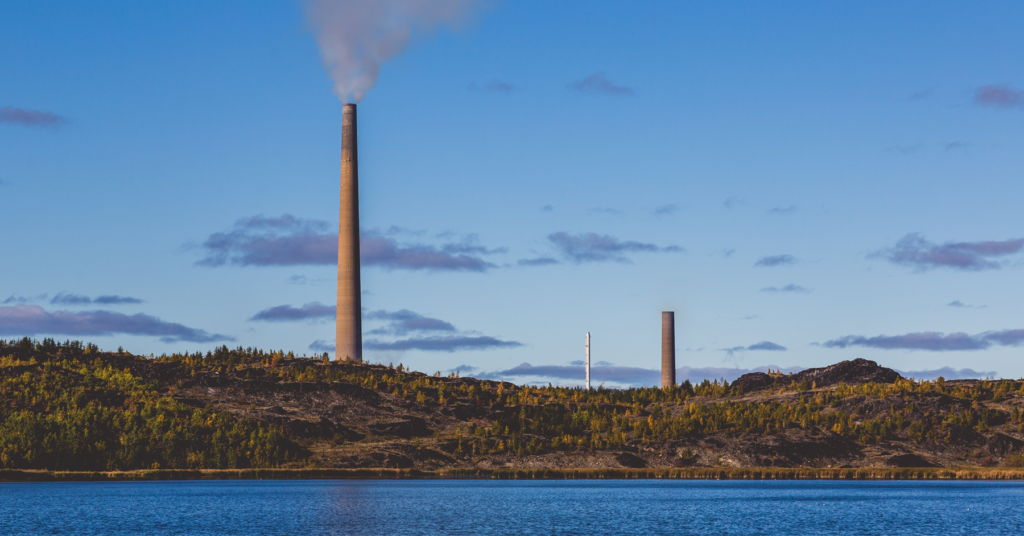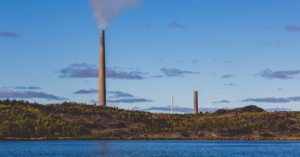
A Nickel Mining Company in Sudbury Has Seen Injuries Triple Over 5 Years. Now The Company Wants to Cut Health Benefits.
“You work for 30 years. You destroy your body, then they take your health benefits”
Nickel miners in Sudbury, Ontario are on strike to stop their company from clawing back key health benefits at the same time as workplace injuries are on the rise.
The offer, most recently rejected by 87% of Vale’s 2,500 workers, proposes to cut over-the-counter drug coverage for all new and current employees at the multinational mining giant’s Sudbury operations.
The contract would also close future hires off from “retiree benefit eligibility” – covering semi-private rooms, life insurance, non-occupational accident insurance and “dismemberment insurance.” The latter, according to the previous collective agreement, paid $20,000 for a lost leg, foot, hand or eye and $40,000 for both.
Instead, the Sudbury Star reports, workers would be offered a $1,000 “health-care savings account.” The union says that would only amount to less than $300 per year at the time of retirement
According to Vale’s own data, its lost time injury rate more than doubled from 2016-2020.
In 2016, the mining operation’s Lost Time Injury Frequency Rate (LTIFR) — injuries that “lost time” per million hours of exposure — stood at 0.79. Thereafter, it rose steadily to 1.46 in 2019 and to 2.28 in 2020. For Vale’s direct employees, excluding contractors, the lost-time injury rate rose from 1.21 in 2017 to 1.56 in 2019 and 3.04 in 2020.
That puts its 2020 Canada-wide injury rate above its 2020 injury rate in China, which stood at 2.22, at its Malaysian operations at 0.48 and at its operations at Mozambique at 0.47.

Vale
A spokesperson for the United Steelworkers District told PressProgress that in the past six months, Ministry of Labour inspectors have placed over 670 health and safety orders on Vale’s mines in Sudbury in response to violations. “That’s unheard of,” the spokesperson said. “Some of that is because of COVID-19, but they’ve also failed on the basics.”
Yet, the spokesperson said, the company is still pushing health benefit cuts to “reduce its OPEB liabilities” (Other Postemployment Benefit) after taking away comparable benefits from its supervisors in Sudbury and from miners at its Thompson, Manitoba operations.
“Those supervisors breathe in the same carcinogens and die of the same cancers we do” the Steelworkers’ spokesperson said. “Mine workers, union or not, they deserve these benefits.”
One Vale mine worker in Sudbury says he’s seen Vale’s lack of health and safety concern first-hand.
“The Ministry comes in somewhat regularly. That includes OSHE tours and ESA. Beforehand, we are told to do a blitz of clean up,” the mine worker told PressProgress. “We are given time to do Ministry-mandated maintenance but we are under pressure to give the equipment for production back as soon as possible.”
In the 1990s, Inco — Vale’s predecessor — paid five times the minimum wage. Today it pays only about 2.5 times the minimum wage.
According to Ontario Workplace Safety Insurance Board (WSIB) data, from 2016-2019 Vale’s longer-term injuries in Ontario, captured by its rate of Lost Time Injury claims receiving benefits after one year rose from 4.2% to 12.5%.

Ontario Workplace Safety Insurance Board
“You work for 30 years. You destroy your body, then they take your health benefits” another Vale mine worker in Thompson, Manitoba told PressProgress.
The mine worker added that Vale’s injury rate count has increased even as its workforce has shrunken in Thompson.
“The Thompson mine is probably the worst it has ever been since we opened,” the mine worker said. “Not only are injuries up but we’ve got half the people.”
Our journalism is powered by readers like you.
We’re an award-winning non-profit news organization that covers topics like social and economic inequality, big business and labour, and right-wing extremism.
Help us build so we can bring to light stories that don’t get the attention they deserve from Canada’s big corporate media outlets.
Donate



